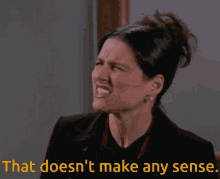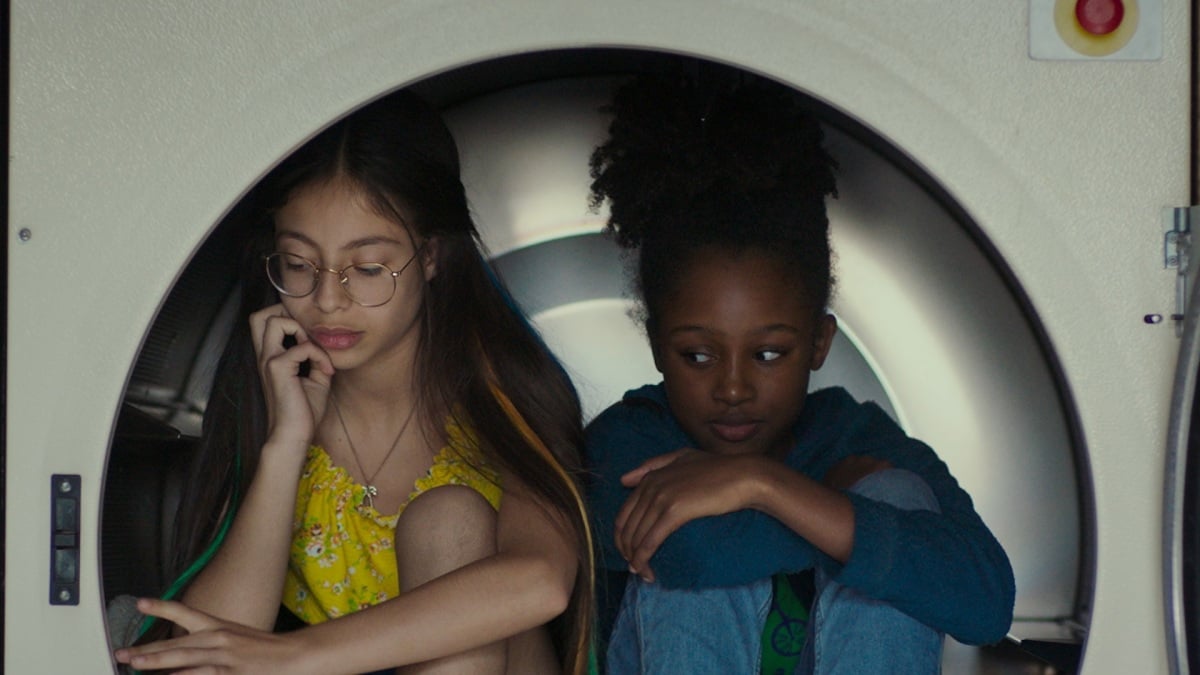Here’s an excerpt from a positive review (written by a woman, about a movie made by a woman, about girls) just to help you understand what the movie is about:
Don't judge a movie by its poster.

mashable.com
Near the end of
Cuties, its 11-year-old heroines take the stage at a dance competition with a routine that wouldn't be out of place in a strip club. Clad in sparkly short-shorts and crop tops, they hump the floor, grab their crotches, lick their lips, and throw their heads back in a naive simulation of sex, to the visible discomfort of their audience.
It's possibly the film's most disturbing scene, and for some reason, it's also the scene Netflix chose to highlight in their early marketing, sparking an outcry they should've seen coming from a mile away. (The company
has since apologized.) What both the ill-conceived marketing and subsequent controversy are missing, however, is everything about the context.
Yes, it's upsetting, and it's supposed to be — because the whole point of
Cuties is how damn hard it can be for girls to navigate womanhood in a society that's all too eager to tell girls and women what they
should be, and not at all interested in what they might be or want to be.
Written and directed by Maïma Doucouré,
Cuties is the story of Amy (Fathia Youssouf), who's just immigrated to Paris from Senegal with her devout Muslim mother and two younger brothers. While the family waits for Dad to join them, Amy becomes intrigued by a neighbor, Angelica (Médina El Aidi-Azouni), whom she (and we) first see from the back, gyrating to music in skintight pants and a belly-baring shirt. It's a mild surprise when she turns around and we see she's Amy's age. Angelica and her friends, the Cuties, come across as cool and worldly to the sheltered Amy, in ways Amy's conservative family would never approve of. Which, of course, is part of the appeal.
… But in both horrific scenes and adorable ones, what remains consistent is Doucouré's honesty. She shows these moments as they are, in all their silliness and ugliness, without packaging them in easy moralizing or faux empowerment. Amy's attempts to put on a more grown-up sexuality may be unsettling to watch, but they're also true to a world that bombards girls with the message that, whether they cover up or bare it all, keep their heads down and cook or shake their asses on the dance floor, womanhood is whatever men need it to be. That climactic scene of her writhing on stage isn't about showing Amy as a sexual being, but about taking to task a culture that struggles to see young women any other way.
Rather than deny those harsh truths,
Cutiesgives Amy and her friends the space to experiment within them, no matter how clumsily and misguidedly, and no matter how upsetting we in the audience might find it. By doing so, Doucouré extends to these girls a generosity that, as we've seen in the film, is so often denied them by the rest of the world — the freedom to figure out how
they want to navigate it.


